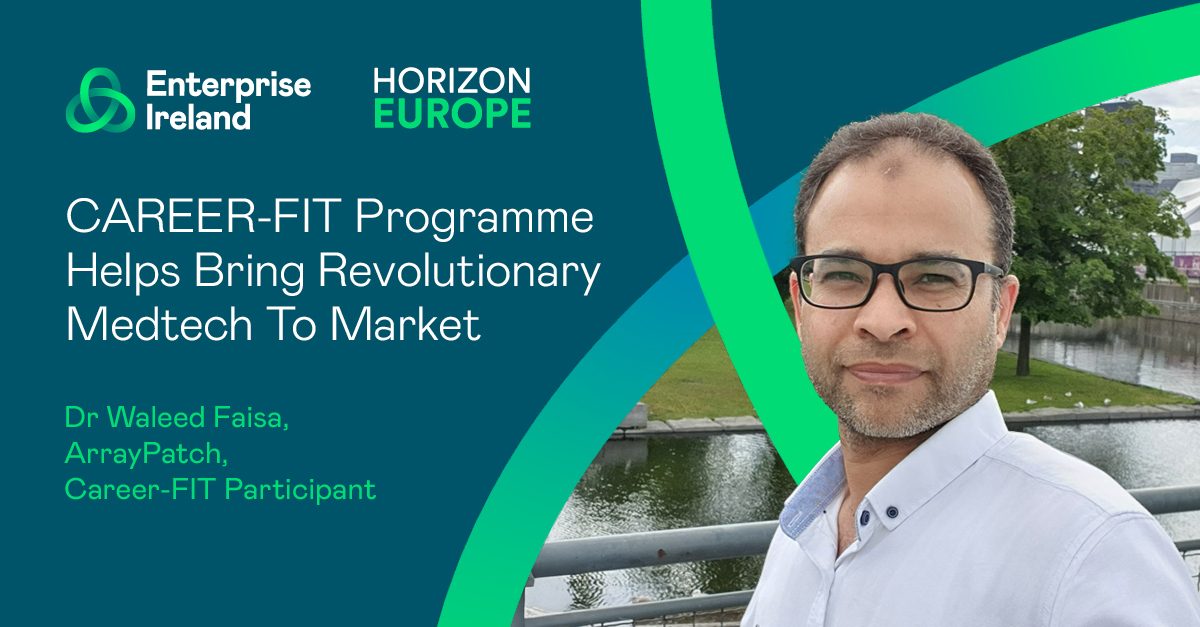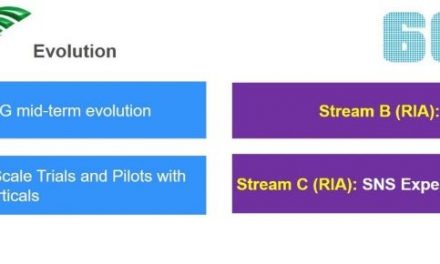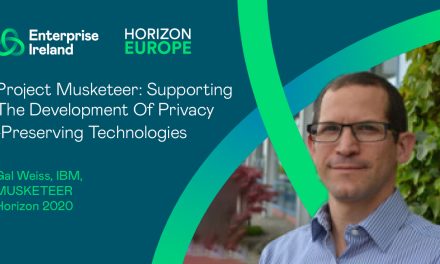While microneedles have been a subject of interest in drug delivery research for some time, Dr Waleed Faisal has invented a game-changing technology.
“Previously, these needles were made of polymers so they could be appropriately strong and sharp. Then they were loaded with medication, but that meant only a small percentage of any needle treatment involved the actual drug,” he explains.
“What we have done with ArrayPatch, our wearable microneedle patch, is to build the needle out of pure medication. We make a powder of the medication, melt it and shape it into a needle, which penetrates the skin on application and then dissolves to deliver a local effective dose of medication.”
The first version of ArrayPatch is specifically aimed at treating fungal fingernail and toenail infections. Each patch has about 100 tiny sharp protrusions (or microneedles), which press through the skin and enable drug delivery. It seeks to improve patient outcomes and reduce treatment times, as it provides effective treatment with lower doses delivered in a painless way.
Developing research talent through Career-FIT
Originally from Egypt, Dr Faisal applied for Career-FIT, a trans-national talent development scheme co-funded by Enterprise Ireland and the European Union, through Horizon 2020 Marie Skłodowska-Curie fellowships.
“Career-FIT and Career-FIT Plus were designed to attract 100 experienced researchers, postdocs or professors from their home countries to come to Ireland and work for three years on industrially-focused collaborative applied research in Ireland’s Technology Centres,” explains Micol Martinelli, Career-FIT and Career-FIT Plus Programme Manager at Enterprise Ireland.
As with each Career-FIT participant, Waleed was assigned an experienced mentor from the host institution. In his case, this was the University College Cork. He also received support from a professional development advisor.
Under the three-year programme, he received support of €300,000 and has gone on to benefit from a further €1.1m in two rounds of Commercialisation Fund support. During this time, he was also able to patent his technology.
Making the shift from academia to industry
Career-FIT can be pivotal in a researcher’s career, explains Martinelli, as it enables them to transition from a purely academic background to working in industry.
“While they are employed with an academic institution and working in that familiar environment, they also get the experience of working with a company. It’s not an abrupt move from being a post-doc to being a project manager or R&D engineer in industry. They also benefit from having a generous training budget and in some cases PhD students to work on their project.”
Understanding how to finetune a value proposition
Dr Faisal says he found the focus on skill development during the Career-FIT programme especially useful.
“As you engage with Enterprise Ireland, you start to think differently and understand how to adapt your skills and your mindset to commercialisation,” he says. “Having the six-month industrial placement in Xeolas Pharmaceuticals was also helpful and I learned a lot about quality management and assurance in particular during that time.”
He adds that the mindset change is particularly important for academics. “Researchers tend to focus on publication, but once you disclose your concept in that way, you can’t apply for a patent so you learn how to protect your intellectual property.
“While researchers tend to know about Science Foundation Ireland funding and other research funding, the outcomes and deliverables for commercialisation funding are quite different.”
He added that, through Career-FIT and the mentoring he received, he was able to identify dermatologists and podiatrists as his core customers rather than patients. The market research he did also enabled him to understand his product’s value proposition as not just being painless, but also a solution that could be applied locally once a week.
Following the path to commercialisation
While funding paths can be complex and disjointed, overall Dr Faisal found it worked well for ArrayPatch, particularly with the support of Enterprise Ireland.
“They know you, they know the project, and they know the value and the future prospects of it,” he says. “That makes it straightforward to move from initial research to proof of commercialisation, then onto full commercialisation.”
Already running an ArrayPatch team of five people, Dr Faisal is well on the road to entrepreneurship. He is planning to bring his product to market in 2028, once clinical trials and the licensing process are complete. Once his company is spun out from academia, he hopes to avail of further funding and support as a high-potential start-up.
As he and his team have already carried out research identifying molecules that can be used to produce microneedles for basal cell carcinoma, migraine, pain management, local anaesthetics, hormone replacement, hair loss and other issues, it’s no surprise that ArrayPatch is attracting significant investor interest as a platform technology.
“Not only do these programmes benefit the researchers,” says Martinelli, “all parties involved benefit. Many of these researchers stay in Ireland, helping to bridge the skills gap and contributing to the start-up ecosystem here. They are also spread all over the country and working in many different areas of science.”
“The long-term healthcare impact for people in Ireland and all over the world should also be noted”, adds Dr Faisal. “The potential medical benefits and financial return from this technology could provide even greater returns over time for those that suffer from local skin diseases, which are common among older people.”
Last December, Dr Waleed Faisal was listed among Ireland’s top hospital and healthcare achievers in the HPN Professional Top 100. He was also the winner of the Innovation of the year at the 2022 Pharma Industry Awards and winner of the SSPC commercial activity of the year in Oct 2022.
Find out more about Career-FIT and the Enterprise Ireland Commercialisation Fund





